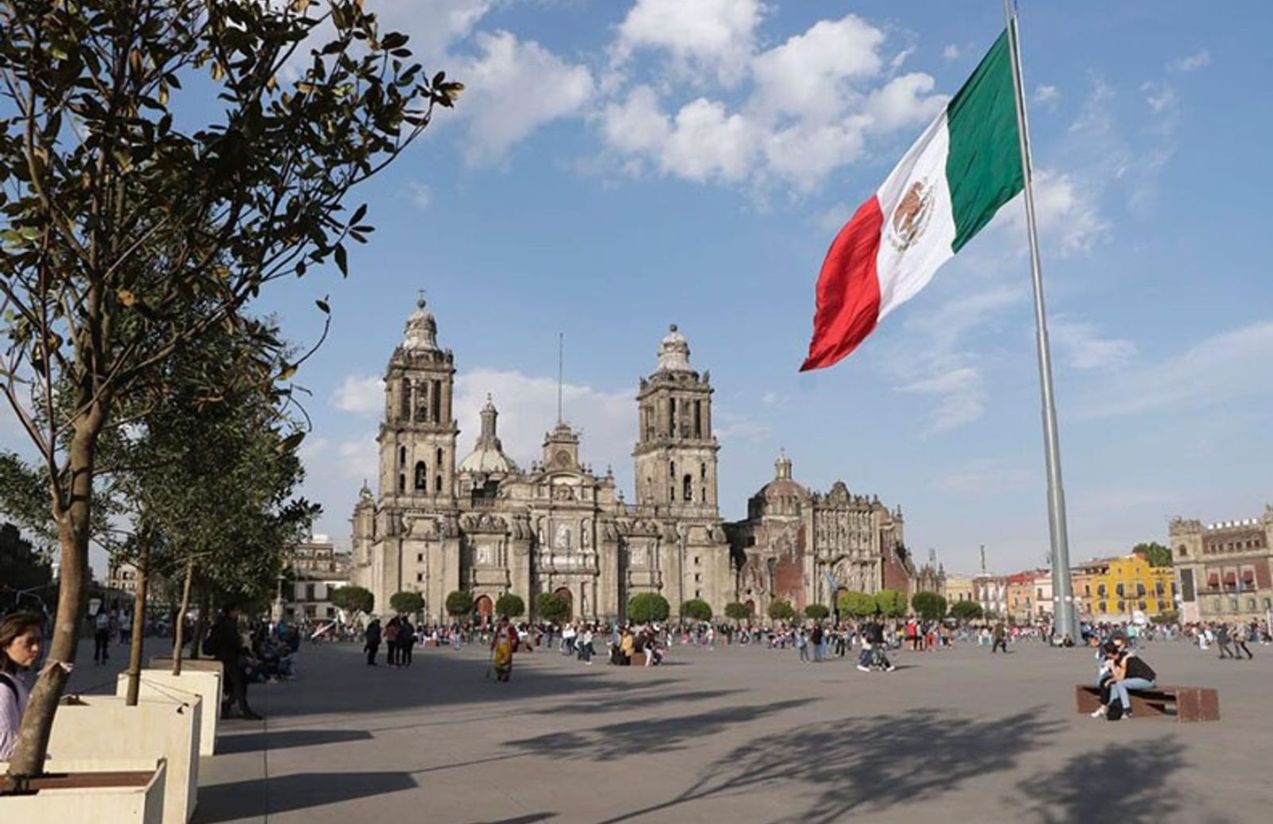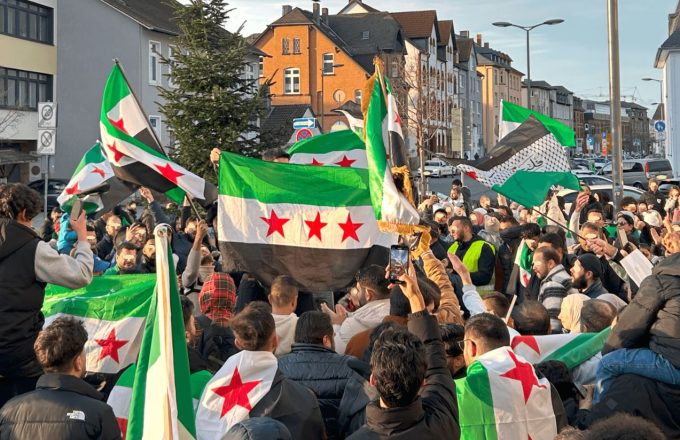Following a wave of protests in Mexico City against gentrification and rising housing costs, Mayor Clara Brugada announced a plan on Wednesday aimed at curbing rent increases, regulating short-term rentals, and stabilizing rents in key areas of the capital.
The measures, which will be part of a proposed law, will include a “broad process of citizen discussion,” Brugada explained during the announcement. The goal, she said, is to protect long-time residents in neighborhoods where the cost of living has surged, largely due to tourism and the growth of platforms like Airbnb.
The announcement comes amid growing social unrest. Activist groups have called for a new march this weekend, following the protest held in early July, which reignited debate over a global issue: the displacement of local residents due to rising property prices.
While that earlier protest was mostly peaceful, some demonstrators vandalized shops, smashed windows, and shouted slogans at foreign tourists, including “gringos, stop stealing our homes.” Authorities condemned these acts, labeling them xenophobic and unacceptable.
Both Mayor Brugada and President Claudia Sheinbaum have expressed willingness to intervene in the housing market, but made it clear they will not tolerate violent protests or hateful rhetoric.
During Wednesday’s announcement, a heavy police presence surrounded the city center to prevent unauthorized gatherings. Among the proposed measures, Brugada mentioned the creation of a “reasonable rent” index, caps on rent hikes exceeding inflation, and support for neighborhood-based commerce.
Gentrification in Mexico City began to take root before the COVID-19 pandemic but accelerated with the arrival of thousands of U.S. “digital nomads” in 2020. Drawn by the city’s low cost of living and appealing remote-work conditions, many relocated to the capital, escaping lockdowns back home.
Neighborhoods like Condesa and Roma — known for their architecture, green spaces, and vibrant cultural scene — have become epicenters of the trend. Rents priced in dollars and the proliferation of short-term rentals catering to foreigners have displaced long-time residents and sparked tensions with local communities.
The CDMX Anti-Gentrification Front, one of the groups behind the July protest, emphasized in a statement that the problem is not migration, but inequality. They criticized authorities and corporations for privileging those with higher purchasing power — whether local or foreign — contributing to the exclusion of the city’s most vulnerable populations.




















